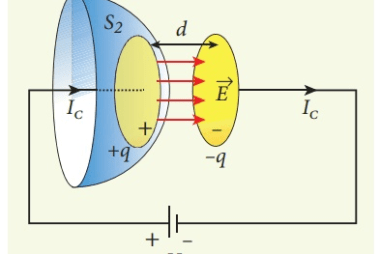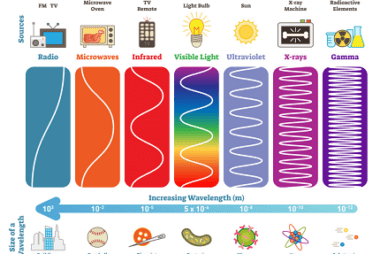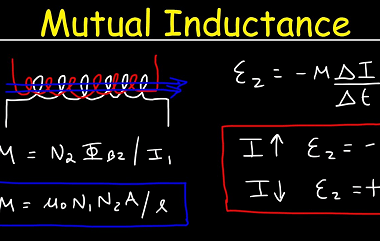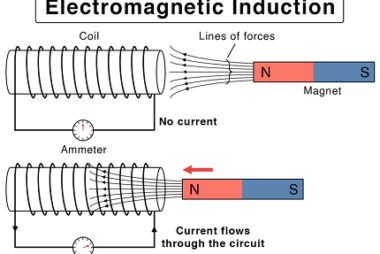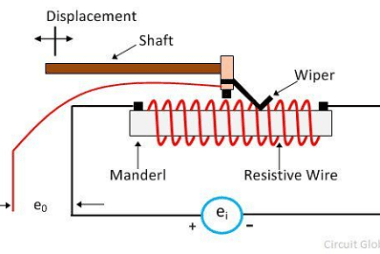Crash Course AIIMS-SYLLABUS Physics syllabus Matter waves
Matter waves The study of matter waves is an important topic in the field of physics. Matter waves are a fundamental concept in quantum mechanics and describe the wave-like behavior of particles, such as electrons and atoms. The syllabus for studying matter waves in the AIIMS (All India Institute of Medical Sciences) entrance examination or…




